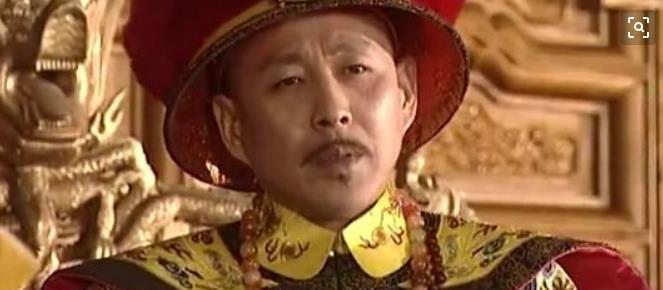It is said that tiger poison does not eat children, the Yongzheng Emperor is also a Ming Emperor in the history of the Qing Dynasty, how can he personally force his own mother to die, is it still humane to do so? The truth is that the Yongzheng Emperor's biological mother, Wu Ya, did die at the age of 64, but was not forced to die by the Yongzheng Emperor, but died of a difficult heart and depression.

Until the last moment of Wu Ya's life, the Yongzheng Emperor, as a son, had been accompanying his mother to serve and accompany his mother on the last journey of his life, so why did the Yongzheng Emperor force the death of his own mother in later generations?
This has to start from the time when Yongzheng was young, the Yongzheng Emperor's mother status was only a palace girl, fortunate to be favored by the Kangxi Emperor for one night, but also pregnant with the prince, after giving birth to the prince, according to the Qing Ting ancestral system, the palace daughter did not have the right to raise the prince, and those who had the right to raise the prince were all imperial concubines of the rank above the concubine level.
Therefore, Uya could only give up the right to raise her own son, which also led to the fact that although the two people were biological mother and son, their actual relationship and feelings were relatively cold and strange, and the Yongzheng Emperor was later made empress
Tong Jia raised, when Yongzheng was 11 years old, the empress died of illness, which made Yongzheng suffer a huge psychological blow.
At that time, the Yongzheng Emperor was only a teenager, and when he was in the rebellious period of righteous youth, the unhealthy development of his heart would naturally affect his future life, and the Kangxi Emperor felt helpless, so he had to hand yongzheng back to his birth mother Wuya to take care of, and also crowned Wuya as a concubine, so that it seemed that their family seemed to be together again, but in fact, their hearts were getting farther and farther away.
At that time, Wu Ya gave birth to a second child for the Kangxi Emperor, put all the experience on the second child, and slowly alienated Yongzheng a little, in fact, these are not the most important, and later the princes quarreled for the throne, and the princes fought to the death.
In the end, Yongzheng won the emperor's throne, and Yongzheng began to deal with those princes who had been enemies of him, the first to deal with was the eighth prince, stripped him of his title, and imprisoned, and Yongzheng's own brother was supporting the eighth prince at that time, so he was also implicated and exiled to guard the imperial tomb.
As a mother, how can Uya accept the cannibalism between brothers, so she found Yongzheng and hoped that he could spare his brother, but Yongzheng refused, Andyah was angry and attacked, and since then she has fallen ill and is no longer willing to see Yongzheng, even if she did not participate in her son's enthronement ceremony, and Yongzheng did not accept the title given to her.
Although mother and son live together in the palace, but rarely communicate, there will be such an ending, and the folk saying that Yongzheng forced his own mother to die is completely smearing his statement, one thing is one thing, when many princes compete for the throne, Yongzheng is indeed stupid a lot of people, but in the treatment of his own mother, he is a qualified filial piety.